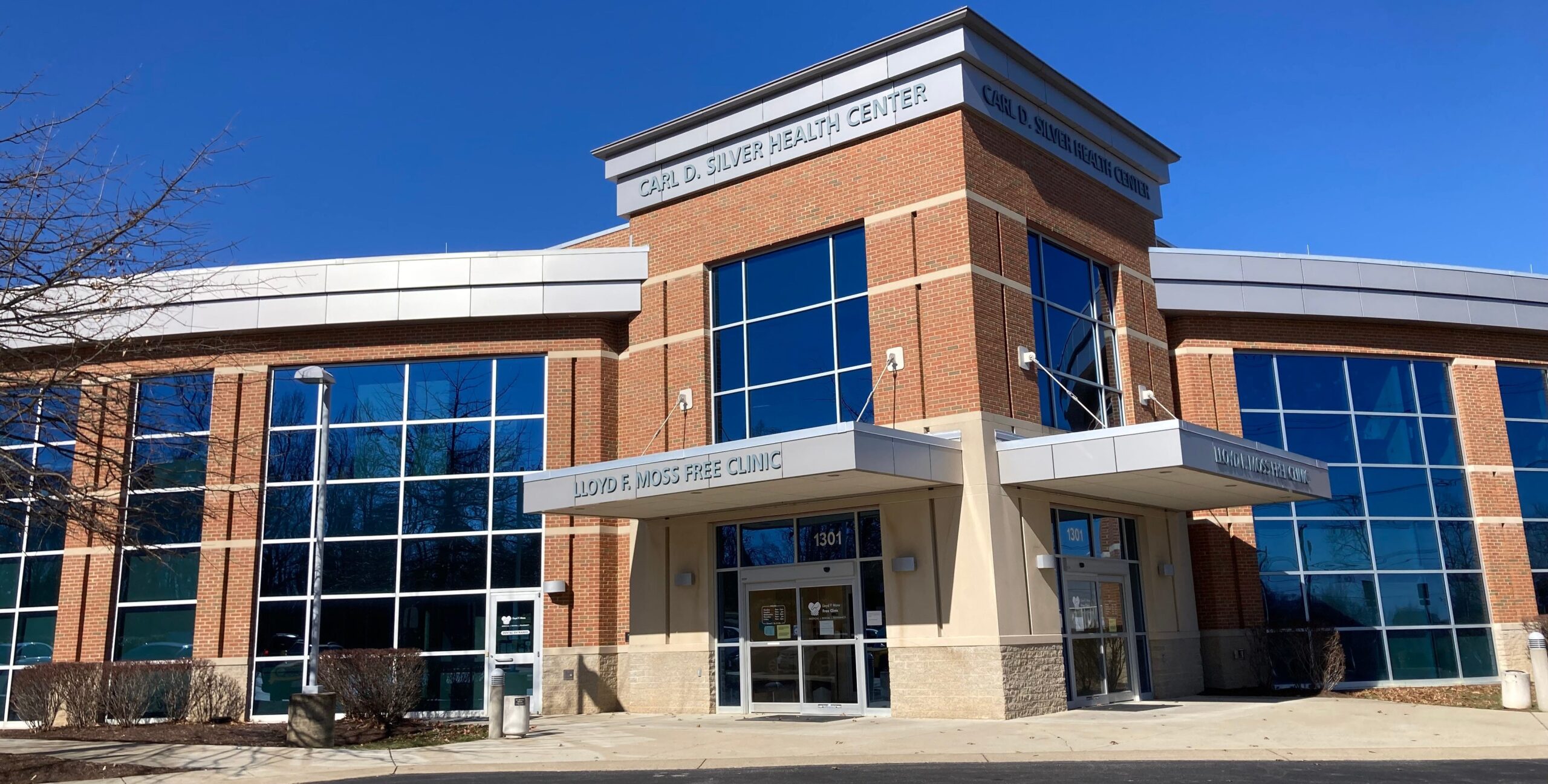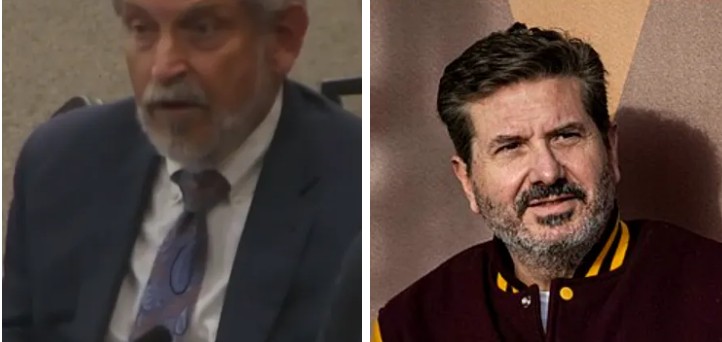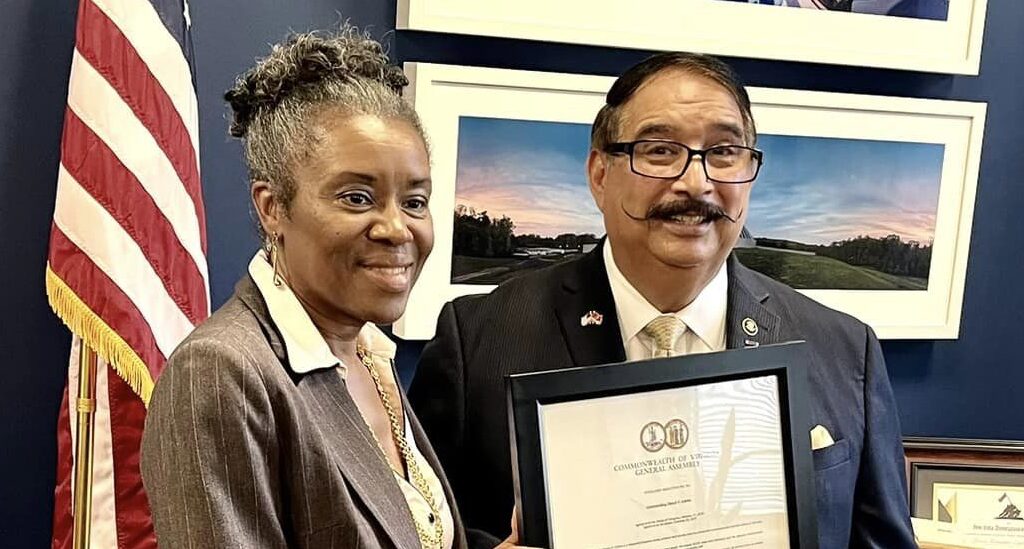
by Karen Dulaney
GUEST COLUMNIST
There were 34 patients on the appointment schedule today. Depending on the day of the week and how many volunteer providers are scheduled, we average serving 30 to 50 patients daily.
8:30 AM: The clinic doors open, and staff and volunteers begin arriving to prepare for the day ahead. They set up examination rooms, organize medical supplies, and check in with each other about the day’s schedule.
8:45 AM: Patients start arriving, some of whom have been waiting outside since being dropped off by the FRED bus. They sign in at the front desk and are greeted warmly by staff and volunteers who help them complete any necessary paperwork.
9:00 AM: The medical team, comprised of both staff and volunteer doctors, nurses, and other healthcare professionals, begins seeing patients. Each patient is assessed based on their needs, whether it’s a routine check-up, management of a chronic condition, or treatment for an acute illness.
At 9:30 AM, we saw Marie, a single mother of two children who works two part-time jobs to make ends meet. She has been experiencing persistent headaches and fatigue but hasn’t been able to afford a visit to a regular doctor due to the cost. At the free clinic, she receives a thorough examination and is diagnosed with migraines. She’s relieved to finally have answers and grateful for the affordable care she receives.
Over in the Dental Clinic, Sarah arrives for her 10:30 AM appointment. She’s a 55-year-old widow who works as a cashier at a local grocery store. Sarah hasn’t been to the dentist in over five years because she doesn’t have dental insurance and can’t afford the out-of-pocket costs. Lately, she’s been experiencing severe tooth pain, making it difficult for her to eat and sleep properly.
The dental team works efficiently to numb Sarah’s tooth and perform a procedure to remove the infection. Throughout the procedure, they constantly check in with Sarah, ensuring she’s comfortable and pain-free.
Throughout the morning: The clinic buzzes with activity as patients move through different stations for vital signs, consultations, immunizations, and medications. Volunteers and staff assist with interpretation services, ensuring that language barriers don’t hinder access to care.
Arriving for an 11:30 AM appointment, Carlos is an elderly man who immigrated to the country years ago. He has limited English proficiency and struggles to navigate the healthcare system. He’s been experiencing chest pain but has been hesitant to seek medical attention due to fears of high medical bills. At the free clinic, he receives a cardiac evaluation and learns that he has high blood pressure. With the help of interpreters, he understands his diagnosis and receives medication from the Clinic’s licensed pharmacy to manage his condition.
Throughout the day, in our Eligibility Department, new patients provide documentation of income and their local address to determine if they qualify for the Clinic’s services. On average, we screen 12 new patients each week in addition to re-screening all uninsured patients annually to maintain their eligibility status for free services.
1:00 PM: Lunchtime arrives, but the clinic doesn’t slow down. Staff and volunteers take quick breaks when they can, grabbing a bite to eat between seeing patients.
2:00 PM: Afternoon sessions resume, and the clinic continues to provide care to those in need. Some patients come for ongoing treatment, while others seek assistance for the first time, often relieved to find a safe and supportive environment.
Jamal arrives for his appointment at 3:00 PM. Jamal is a college student who recently lost his health insurance coverage when he turned 26 and aged out of his parents’ plan. He’s been experiencing anxiety and depression but hasn’t been able to afford therapy or medication. At the free clinic, he meets with a counselor who provides him with mental health support and connects him with resources for ongoing care. He’s grateful for the nonjudgmental environment and the assistance he receives.
The pharmacy team processes a steady stream of prescriptions throughout the day, including medications for chronic conditions such as diabetes, hypertension, and asthma, as well as acute illnesses and infections. Filling, on average, over 200 prescriptions each day, the Clinic’s licensed pharmacy serves not only the Clinic’s own uninsured patients, but also those of 14 other free clinics in Virginia who do not have their own pharmacies.
Our final scheduled patient for the day is Ellen. Ellen is a homeless woman who struggles with substance abuse issues. She’s been living on the streets for several years and has neglected her health. At the free clinic, she receives basic medical care, including wound care for injuries sustained while living on the streets. The clinic staff also connect her with social services for housing assistance and addiction treatment options, offering her a lifeline to regain stability and improve her health.
4:30 PM: As the day winds down, staff and volunteers begin wrapping up their tasks. They clean and restock the clinic rooms, finalize paperwork, and coordinate follow-up care for patients who need it.
5:00 PM: The clinic officially closes its doors, but the impact of the day’s work extends far beyond its physical space. Patients leave with renewed hope and gratitude for the care they received, while staff and volunteers reflect on the day’s successes and challenges, knowing they’ve made a difference in the lives of those they’ve served.
Our patients come from all walks of life and face a variety of barriers to accessing care, but at the free clinic, they find compassionate and comprehensive support to help them lead healthier lives.
Despite the challenges and limited resources, the sense of community and dedication to serving the underserved make each day at the Lloyd F. Moss Free Clinic immensely rewarding for everyone involved.
Karen Dulaney is Executive Director of the Moss Free Clinic.





